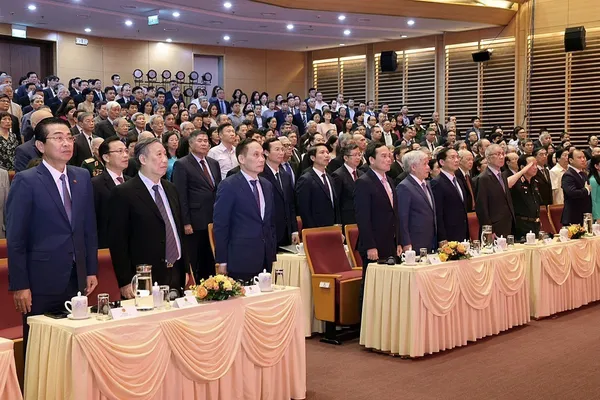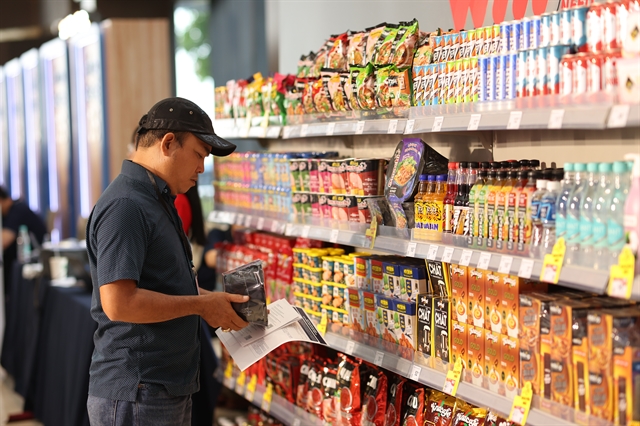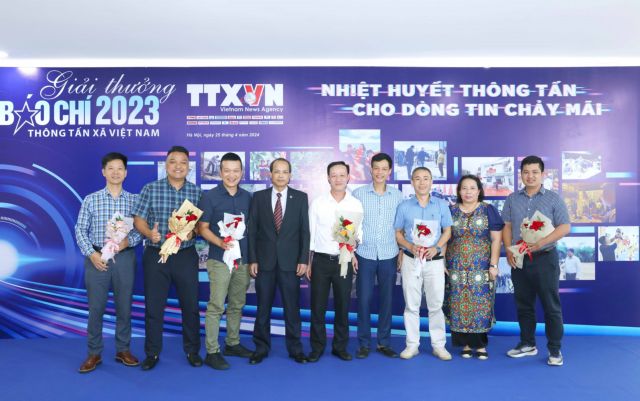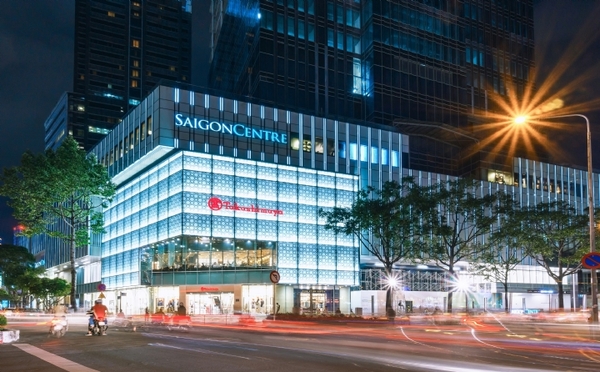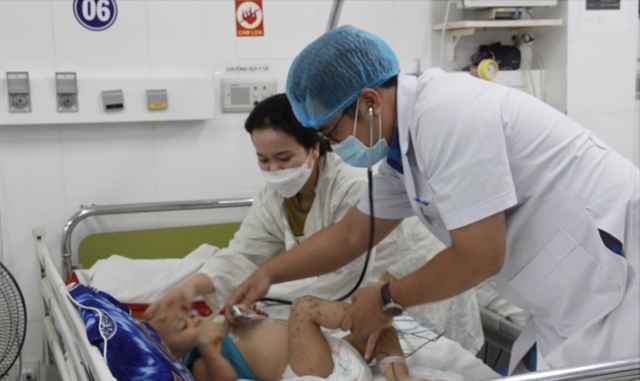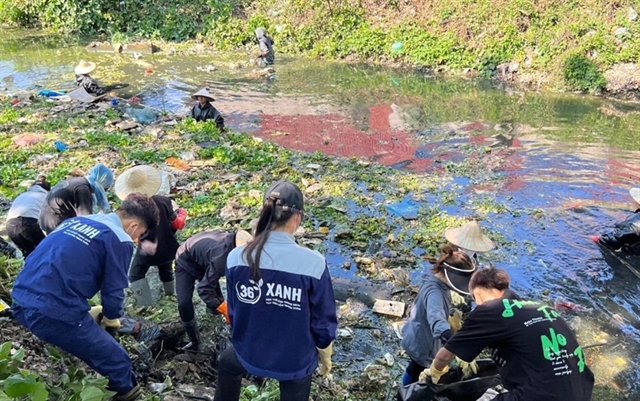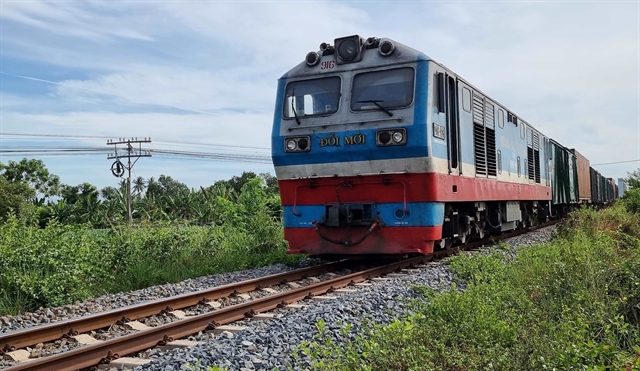 bizhub
bizhub
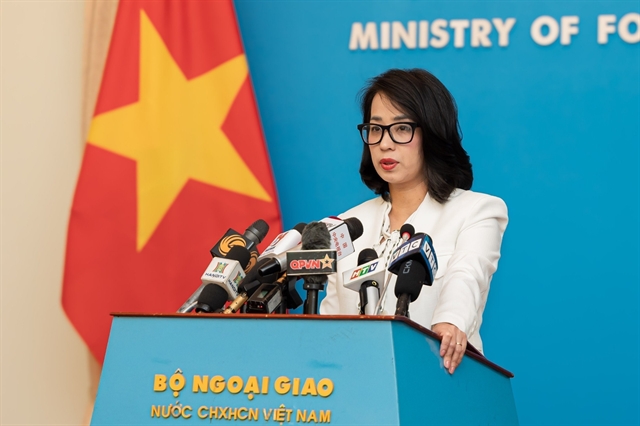
Small business promotion authorities from Asia-Pacific Economic Cooperation (APEC) economies are deepening cooperation to break down barriers hindering the development and competitiveness of women-led businesses.
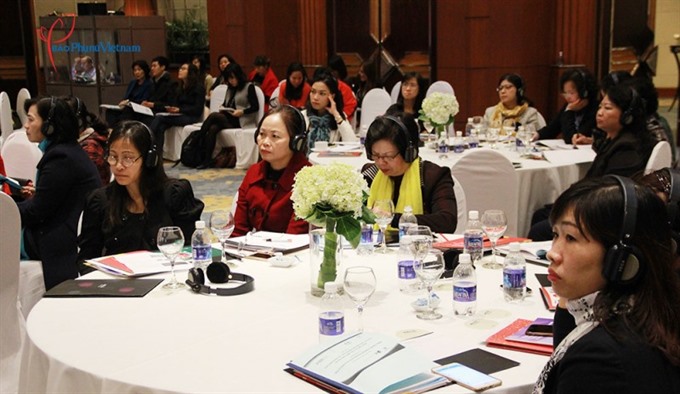 |
| Women attend a seminar entitled "Solution for supporting women-owned SMEs" in Hà Nội last year. — Photo phunuvietnam.vn |
HÀ NỘI — Small business promotion authorities from Asia-Pacific Economic Co-operation (APEC) economies are deepening co-operation to break down barriers hindering the development and competitiveness of women-led businesses.
This was stated by Nguyễn Hoa Cương, chair of the APEC Small and Medium Enterprise Working Group, which administers regional collaboration within the sector.
Cương addressed a meeting in which officials detailed plans for the expansion of efforts to tackle gender bias in trade, during a week of small business development policy meetings in Sydney.
The officials also discussed greater cross-border training and technical exchange to enable reform in APEC economies that levelled the playing field for women-owned and managed firms, and improved their access to international markets.
The move could increase trade-driven growth and job creation across a range of businesses —from a successful handloom fabric producer run and operated by women in Philippine’s villages, to an emerging technology company started by a Peruvian woman that helps disabled people to communicate via instant messaging, to women-managed suppliers of materials and parts in Việt Nam that support manufacturers in Australia, Japan and the United States.
“Our work to address inequalities facing women entrepreneurs and managers will boost trade and growth, particularly among small businesses that account for the majority of employment across the region,” Cương, who is also deputy director general of the Agency for Enterprises Development under the Ministry of Planning and Investment, said.
Focus in APEC is on lowering institutional and policy barriers to facilitate participation in trade by women-led businesses. Examples include outdated labour laws that fail to sufficiently protect women, lack of childcare services, limited availability of credit and inadequate or out of reach higher education and skills development opportunities.
To mitigate challenges like these, APEC is increasing public sector capacity to introduce gender-responsive trade promotion policies and programmes in co-ordination with the business community and civil society.
Training and information-sharing sessions for trade promotion officials to be held next month in Hà Nội will take this multi-year, region-wide initiative forward.
Cynthia Balogh, director of Women Going Global, chief trainer leading the team overseeing the project, said women-led small and medium enterprises could better tap into international business and global supply chains when they are supported by government policy and practices that tackle gender specific constraints faced by female entrepreneurs.
“Incentives for job creation and growth in the region are potentially huge,” Cynthia said.
This work is complemented by measures taking shape in APEC to widen access and use of e-commerce by women-led micro, small and medium enterprises, helping them reach customers and business partners abroad. Opening up financing avenues, branding, intellectual property protection and management support are further areas of emphasis.
Hoàng Thị Thu Huyền, chair of the APEC Policy Partnership on Women and the Economy, said women in the Asia-Pacific were major drivers of small businesses with great export potential but were constrained at times by unsupportive economic and social policies.
“Reform is key to realising more gender balanced trade that benefits everyone. It is also critical to transforming attitudes that remain the larger obstacle to women’s economic empowerment,” Huyền, who is also deputy director general of Gender Equality Department at Việt Nam’s Ministry of Labour, Invalids and Social Affairs, said.
Huyền also concluded that APEC’s policy efforts in the small business space will enrich the theme and priorities of the 2017 APEC Women and the Economy Forum in Huế, Việt Nam, in September.
Currently, in the 21 APEC economies, approximately 600 million women are in the labour force, with over 60 per cent engaged in the formal sector.
A recent United Nations report states that limits on women’s participation in the workforce across the Asia-Pacific region cost the economy an estimated US$89 billion every year. — VNS

